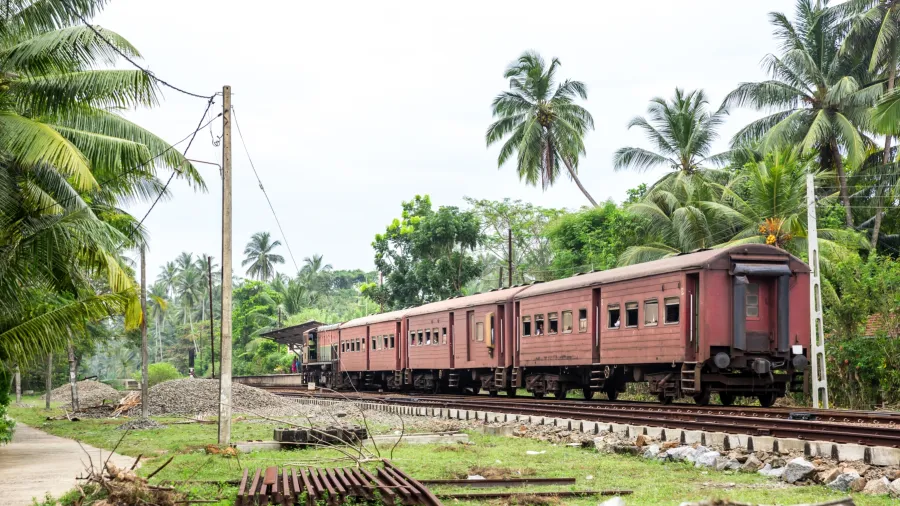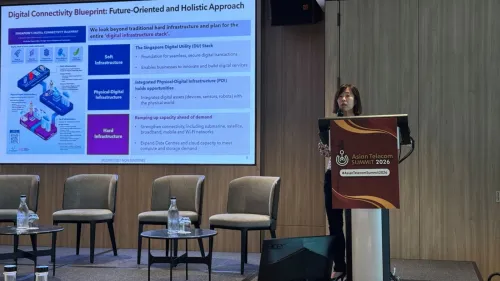
Infrastructure development in Bay of Bengal faces funding hurdles
ADB finds promise in BIMSTEC Master Plan for Transport Connectivity, but raises caution on financing challenges.
REGIONAL cooperation is essential for economic growth, but underdeveloped infrastructure remains a major obstacle amongst nations facing the Bay of Bengal. To address this, BIMSTEC-member countries have adopted a framework to create a seamless and integrated transport network for the region.
Since its establishment in 1997, the Bay of Bengal Initiative for Multi-Sectoral Technical and Economic Cooperation (BIMSTEC) has been committed to accelerating the economic growth and social progress in the region through joint endeavours based on equality and mutual respect.
In March 2022, the BIMSTEC Master Plan for Transport Connectivity was launched, identifying 267 transport projects that would bridge the region’s infrastructure gap, requiring a total investment of approximately $124.4b from 2018 to 2028.
However, according to an Asian Development Bank (ADB) report, viable financing remains a huge bottleneck for project implementation amidst the region’s high dependence on grants, aid, and external borrowing.
One challenge is insufficient government funding which is constrained by rising debt and fiscal deficits.
“In 2023, all BIMSTEC member states had fiscal deficits exceeding the 3% of GDP threshold,” said the ADB.
Meanwhile, financing options in the region remain limited due to most of its countries having developing capital markets, relying primarily on over-the-counter lending by domestic commercial banks and specialised nonbank financial institutions.
In line with this, institutional funds like insurance, pension, and private equity funds are observed to have constrained participation. The general lack of interest from the private sector has also been a hurdle to financing.
“Transport projects often have difficulties attracting private investors due to long gestation periods and high construction risks. BIMSTEC countries generally lack experience with public-private partnerships (PPPs) in transport infrastructure,” the ADB noted.
The regional development bank also cited the inadequacy of institutional structures that complicate the region’s financing landscape. There is a lack of a comprehensive framework and capacity for planning, preparing, implementing, and monitoring cross-border transport projects, it said.
Bridging the gap
Amidst the existing challenges, the ADB proposed a framework aimed towards addressing the region’s financial gaps.
“Over 50% of BIMSTEC Master Plan projects in the planning stage have significant cross-border implications,” it said. “Current economic analyses are conducted at the national level, often excluding neighbouring country impacts.”
This leads to ADB prompting a broader-scale economic analysis, which involves evaluating the shared benefits of cross-border projects to understand their regional impact.
Meanwhile, ensuring project bankability is crucial for attracting investment. This involves establishing reliable mechanisms to capture economic value and generate sufficient income, such as user charges, grants, and operational support.
“Due to budget constraints, BIMSTEC countries should explore asset recycling, securitisation, land-value capture, non-toll revenue sources, targeted taxation, and carbon pricing to raise funds,” the ADB said.
It brought to the fore probable interventions: standardising processes, creating transnational regulatory regimes, prioritising master plan projects, and the potential establishment of a regional financing hub.
Likewise, private sector participation is encouraged through public-private partnerships or PPP modalities for effective dispute resolution systems.
Such a route would also boost the development of institutional capacity, which involves collaboration between and amongst project authorities, BIMSTEC governments, multilateral development banks, and development partners.
“Country-level interventions should focus on enabling regulations for raising long-term capital and building institutional capacity. Multilateral and bilateral institutions can provide technical assistance to enhance project appraisal capacity,” the ADB said.












